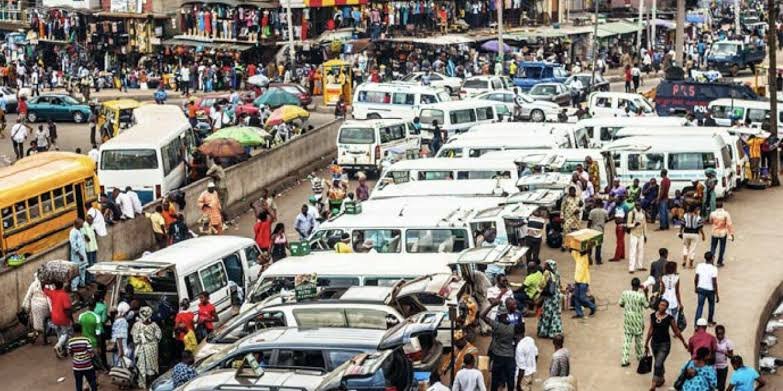The Gambian Attorney General and Minister of Justice, Dawda Jallow, addressed the National Assembly regarding diaspora voting options during a debate on the Election Bill.
Minister Jallow explained that Gambians living abroad have two potential avenues for participating in national elections. The first option allows them to register under their native constituencies in The Gambia, enabling them to vote without returning home. He clarified that if the diaspora is not demarcated into specific constituencies, Gambians residing overseas would need to be registered under their respective home constituencies.
The second option, according to Jallow, involves amending Section 88 of the 1997 Constitution to formally create diaspora constituencies. He acknowledged ongoing discussions with diaspora representatives, who have proposed the establishment of five such constituencies.
Jallow also referenced a Supreme Court ruling in the case of BB Dabo and others versus the Independent Electoral Commission (IEC). The ruling confirmed that all Gambians, including those abroad, have the right to be registered and to vote. However, the IEC cited financial constraints as a barrier to implementing diaspora registration.
The National Assembly Committee on Human Rights and Constitutional Matters had previously engaged with the IEC, which expressed its willingness to register Gambians abroad. The commission also conducted study tours in Senegal and Cape Verde but faced challenges due to the use of the marble voting system. The IEC suggested that lawmakers include provisions for both marble and paper ballots in the bill to address logistical concerns.
During the Assembly session, Serekunda NAM Musa Cham proposed a motion to reintroduce Clause 14, which would allow diaspora participation in elections. However, the motion was dismissed by NPP members and their allies. Acting Speaker Seedy Njie ruled against its reintroduction, stating that a prior notice was required for such a substantive motion.



